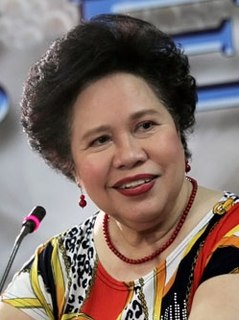A Quote by Max Keiser
Bitcoin is a peer-to-peer, decentralized form of money, as durable as the Internet itself. Remember, the Internet - or DARPA, as it was originally called - was created as a fail-safe, global network with no 'single point of failure.' If one part goes down, data takes another route, and nothing is lost.
Related Quotes
Bitcoin has been described as a decentralized, peer-to-peer virtual currency that is used like money - it can be exchanged for traditional currencies such as the U.S. dollar or used to purchase goods or services, usually online. Unlike traditional currencies, Bitcoin operates without central authority or banks and is not backed by any government.
t century, hundreds of millions - and eventually billions - of human beings will transform their buildings into power plants to harvest renewable energies on site, store those energies in the form of hydrogen and share electricity, peer-to-peer, across local, regional, national and continental inter-grids that act much like the Internet.
Throughout the history of the Internet, most of the innovation has come as a by-product of efforts to facilitate communication within social groups of various kinds (academics, bloggers, peer-to-peer file sharing), rather than as the result of profit-oriented investment. Rather than taking the lead, the business and government sectors have adopted innovations developed in Internet communities, and realised significant productivity gains as a result.
But it is as silly to think about peer-to-peer as applying just to music as it would have been to think about the Internet as applying just to pornography. Whatever the initial use of the technology, it has nothing to do with the potential of the architecture to serve many other extremely important functions.































